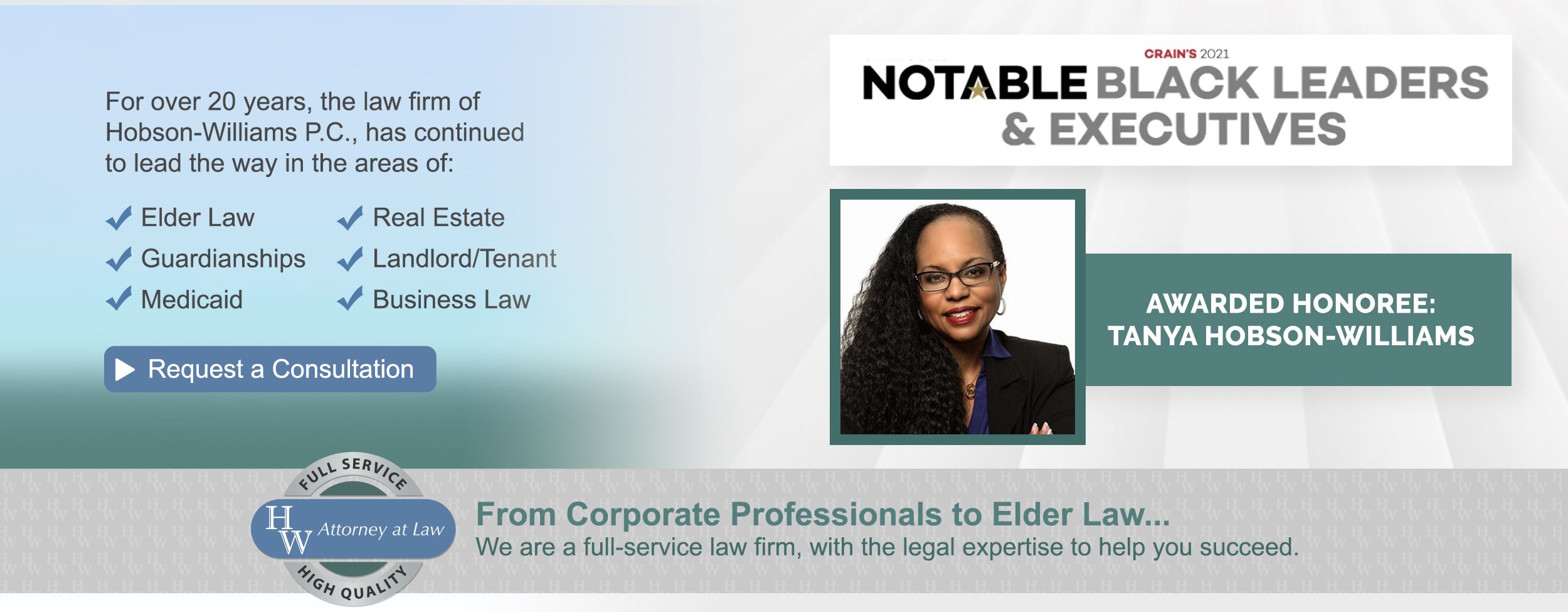There are many reasons why elderly persons wind up in nursing homes, including voluntary admittance to obtain assistance with rehabilitation after a hospital stay or problematic behaviors associated with various mental conditions such as dementia. In order to afford nursing home costs, many of these adults rely on Medicaid and Medicare. A nursing home may choose to discharge a person for various reasons, including their coverage is running out or they feel the patient is ready for release. However, if a resident is being discharged, the discharge can be challenged.
There are many reasons why elderly persons wind up in nursing homes, including voluntary admittance to obtain assistance with rehabilitation after a hospital stay or problematic behaviors associated with various mental conditions such as dementia. In order to afford nursing home costs, many of these adults rely on Medicaid and Medicare. A nursing home may choose to discharge a person for various reasons, including their coverage is running out or they feel the patient is ready for release. However, if a resident is being discharged, the nursing home discharge can be challenged.
There are only five reasons in which a resident can be discharged: (1) the resident’s health has improved, (2) the resident’s needs cannot be met by the facility, (3) the health and safety of other residents is endangered, (4) the resident has not paid after receiving notice, or (5) the facility has stopped operating.
Sometimes, to get around the policy, the nursing home may transfer the patient to a hospital and then refuse to let them back in. In this case, state law requires that the hospital must hold their bed for a certain number of days. (A resident should check their policy to see the amount of time allotted for the hold.)
Without proper notice and planning, a nursing home is unable to discharge a resident at all. The discharge plan must ensure that the resident has a safe place to go and outline the care that they will receive. In general, written notice must be given to the resident 30 days before discharge. In emergency situations, the amount of time may be decreased.
Even if the above notices are given to the resident, they can still appeal a decision to discharge. For residents receiving government-funded healthcare assistance, there is a fast appeal if they are receiving care at a Medicare-covered facility, home health agency, rehabilitation facility, or hospice. The fast appeal is filed through the Beneficiary and Family Centered Care Quality Improvement Organization. During this appeal, the nursing home will be required to provide you with a “detailed explanation of non-coverage,” which will lay out when and why your services will no longer be continued. The Beneficiary and Family Centered Care Quality Improvement Organization will then ask why you believe the services should continue, review your records, and issue a decision by the close of business that day. The appeal process of a nursing home discharge can be overwhelming, so contacting an attorney immediately is recommended.
Taking proper care of the disabled and elderly in our society who depend on us is of the utmost importance. If you have questions about the care of a disabled or elderly loved one, contact an experienced New York elder law attorney who can help. For more information, contact Hobson-Williams, P.C. at (718) 210-4744 for the quality representation that you deserve.






















